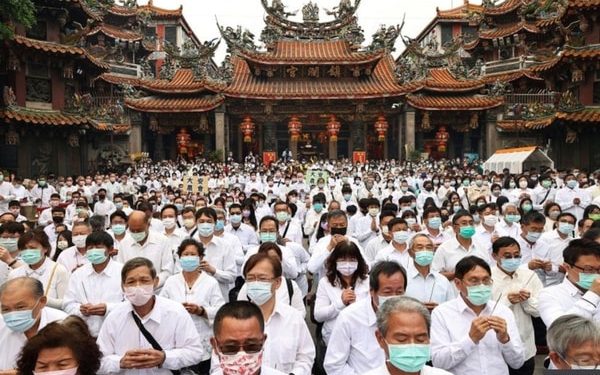The BBC reports that a lack of rainfall for Taiwan could impact the global electronics sector, because so many of the products people use are powered by semiconductors – computer chips – made by Taiwanese companies.
Around 90 per cent of the most advanced microchips are manufactured in Taiwan.
The sector requires a lot of water to clean the wafers that go into many tech devices. Struggling to ensure supplies, the government stopped irrigating more than 74,000 hectares of farmland last year.
Like thousands of crop planters cross Taiwan, Chuang Cheng-deng, a fourth generation rice farmer in Hsinchu, has been forced to leave his seven hectares of land fallow.
“We also think about our country’s economy, but they shouldn’t completely stop providing water. You can give us water for two days a week or one day. Farmers will find a way. But now they’ve completely cut our water, farmers can’t find a way out. You’re focusing entirely on semiconductors,” Mr Chuang says.
Desperate for rain, the government has tried to manipulate nature by carrying out cloud seeding numerous times, while officials from the Irrigation Agency held a rain worshipping ceremony in early March at which they prayed for help from Mazu, a sea goddess in Taoist and Buddhist traditions.
For his part, Farmer Chuang has taken to growing watermelons and sunflowers, which require less water. He pumps ground water from the well he has dug in his farm to water his plants. But he believes sacrificing farming every time there’s a drought will only worsen Taiwan’s already low food self-sufficiency rate – the amount of food its people consume that is locally grown and not imported from overseas.























